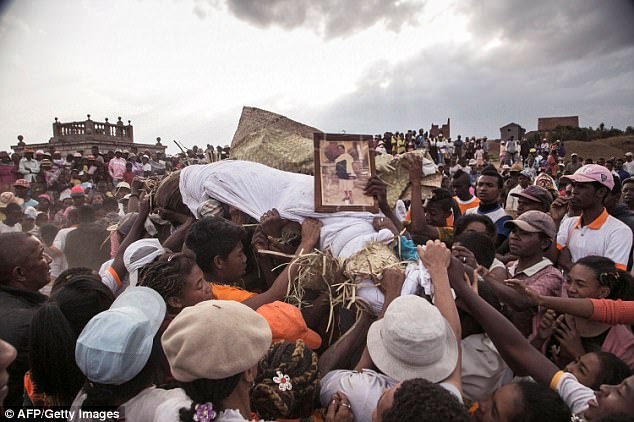
Eid-Ul-Fitr 2025 Moon Sighted. Photo. www.livemint.com
The African Roots of Saudi Arabia: A Historical Perspective
As Muslims worldwide, particularly those of African descent, mark the end of this year’s holy month, it is an opportune moment to reflect on the deep historical connections between Africa and Saudi Arabia, the land that houses Islam’s holiest sites.
A lesser-known yet significant historical narrative suggests that Saudi Arabia has deep African roots. Reports from Arab News in recent years have explored how the country’s African heritage can be traced back through centuries of migration, religious devotion, and colonial resistance.
Read Also: Fed mixture of raw blood, milk, honey for fattening competition | Discover Africa News
One of the most notable links stems from the annual Hajj pilgrimage, which for hundreds of years has drawn Muslims from all corners of the world—including Africa. Many West African pilgrims, facing colonial pressures in their homelands, chose to settle permanently in Makkah and Madinah. These migrants primarily hailed from Nigeria, Chad, Burkina Faso, Gambia, Mali, and Senegal.
According to Arab News, an estimated 10 percent of Saudi Arabia’s population today is of African descent, with many residing in the Western Region, particularly in Makkah. Dr. Mohammed Faheem, a professor of comparative education at Umm Al-Qura University, shared his family’s story, recounting how they arrived in the Hijaz in 1903 after fleeing British colonization in Nigeria. The British occupation, driven by economic exploitation and the imposition of Western education and Christianity, led many Northern Nigerian Muslims to seek refuge in lands where Islam was deeply entrenched.
“They traveled through Chad and Sudan before reaching the Arabian Peninsula,” Dr. Faheem explained. “Some were well-versed in Arabic and Islamic studies, becoming scholars, judges, and teachers in the holy cities. Others worked as laborers.”
He also noted that early Nigerian immigrants carried a deep skepticism of Western education due to its colonial associations. This perspective persisted among some even after they settled in Saudi Arabia, where many preferred traditional Islamic schools over modern institutions. This historical mistrust echoes in present-day Nigeria, where the extremist group Boko Haram derives its name from the belief that “Western education is forbidden.”
Among the most recognized Saudi families of African descent are the Fallatah, Hausawi, and Barnawi, who historically lived in close-knit communities in Makkah. These communities preserved their linguistic and cultural heritage for generations.
“We had our own languages—Hausa, Fallatah, and Borno—which were spoken in our neighborhoods,” Dr. Faheem recalled. “At home, we spoke Fallatah, but outside, we switched to Arabic. However, the younger generations have grown distant from these roots.”
While many Black Saudis trace their ancestry to West Africa, others have origins in Sudan, Djibouti, and other African regions. Despite these diverse backgrounds, Dr. Faheem emphasized that honoring one’s heritage does not conflict with national identity.
“Respecting our roots strengthens our identity,” he said. “It is entirely possible to take pride in one’s heritage while remaining devoted to one’s country and people.”




Recent Comments